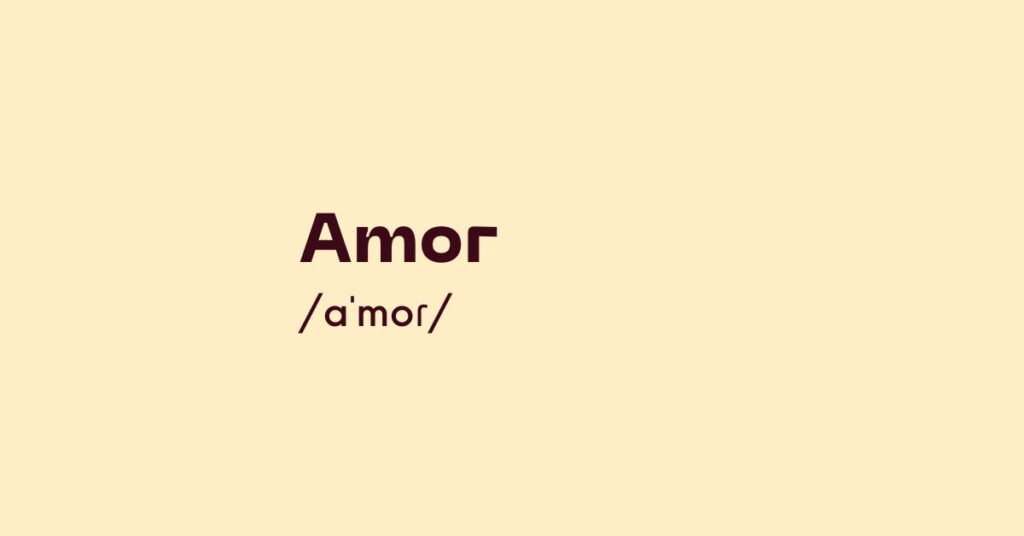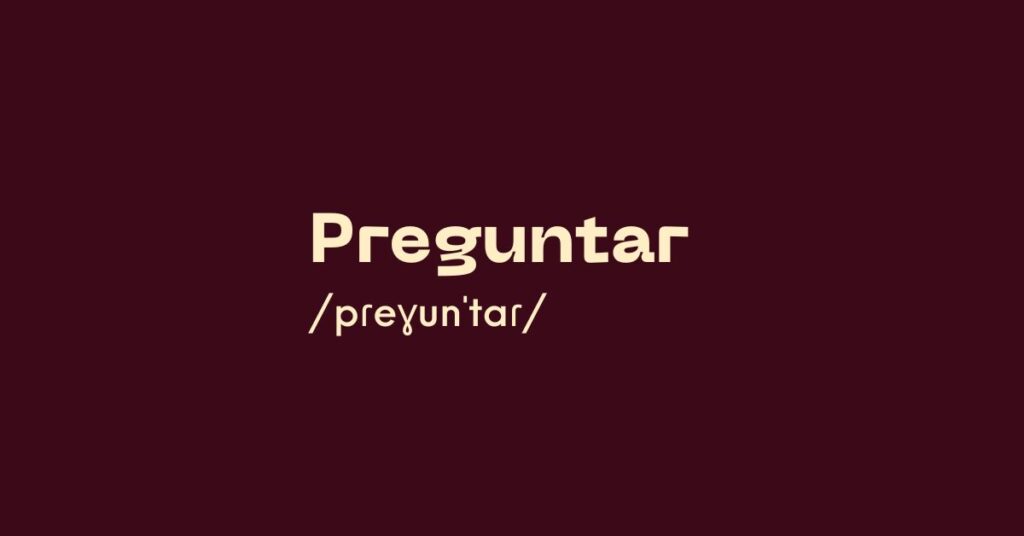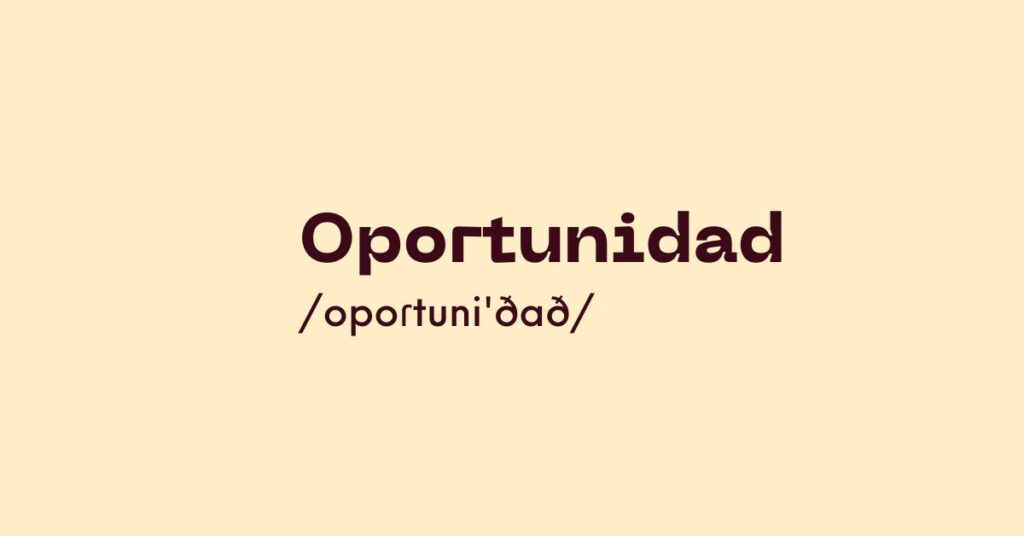Dentro
Today’s Spanish word of the day is “dentro”. It’s an adverb meaning “inside”, “indoors” or “within”. It comes from the Latin phrase de intro, meaning “from within”. Example sentences El gato está dentro de la casa. The cat is inside the house. Dentro de una hora salimos. We’re leaving within an hour. Dentro de mi […]









